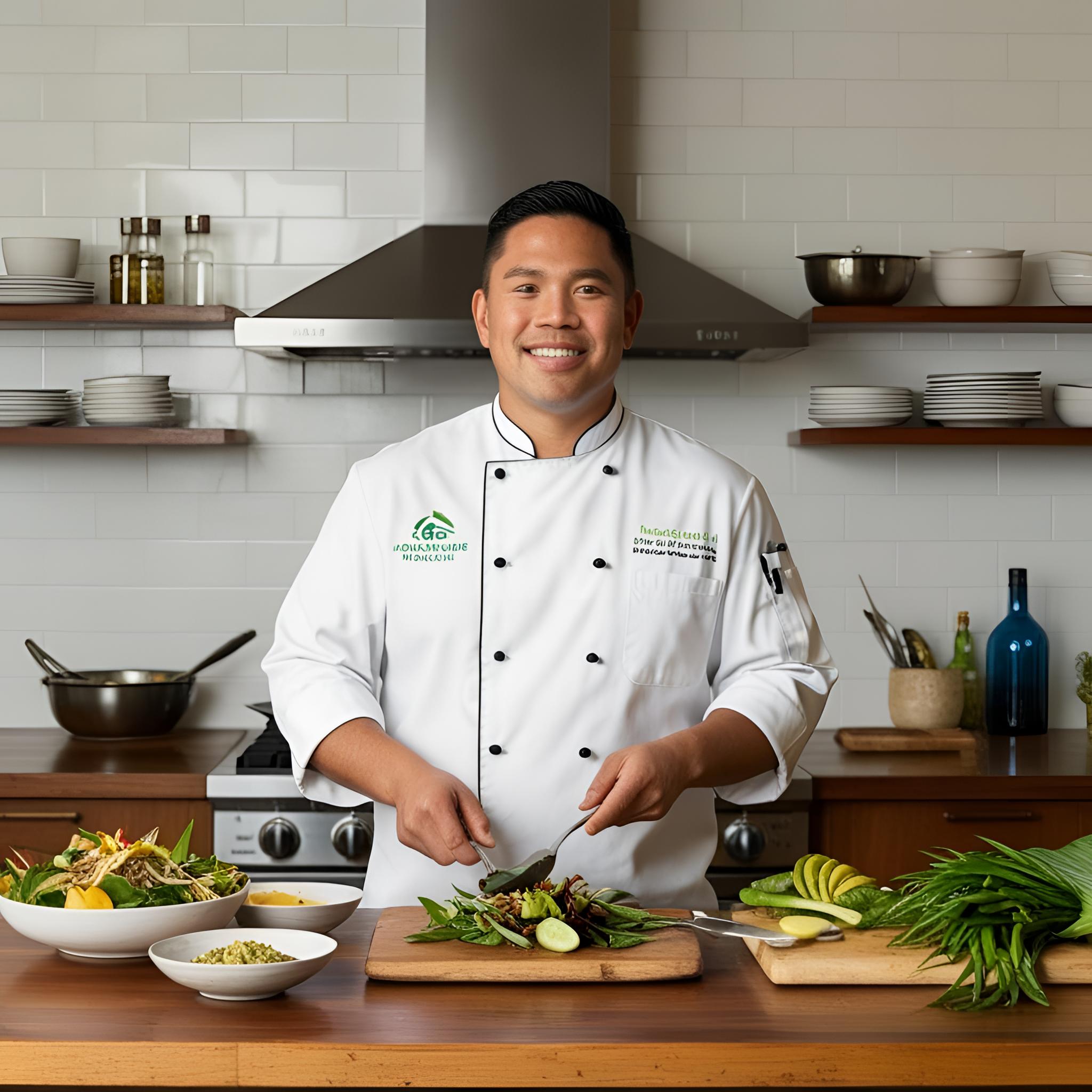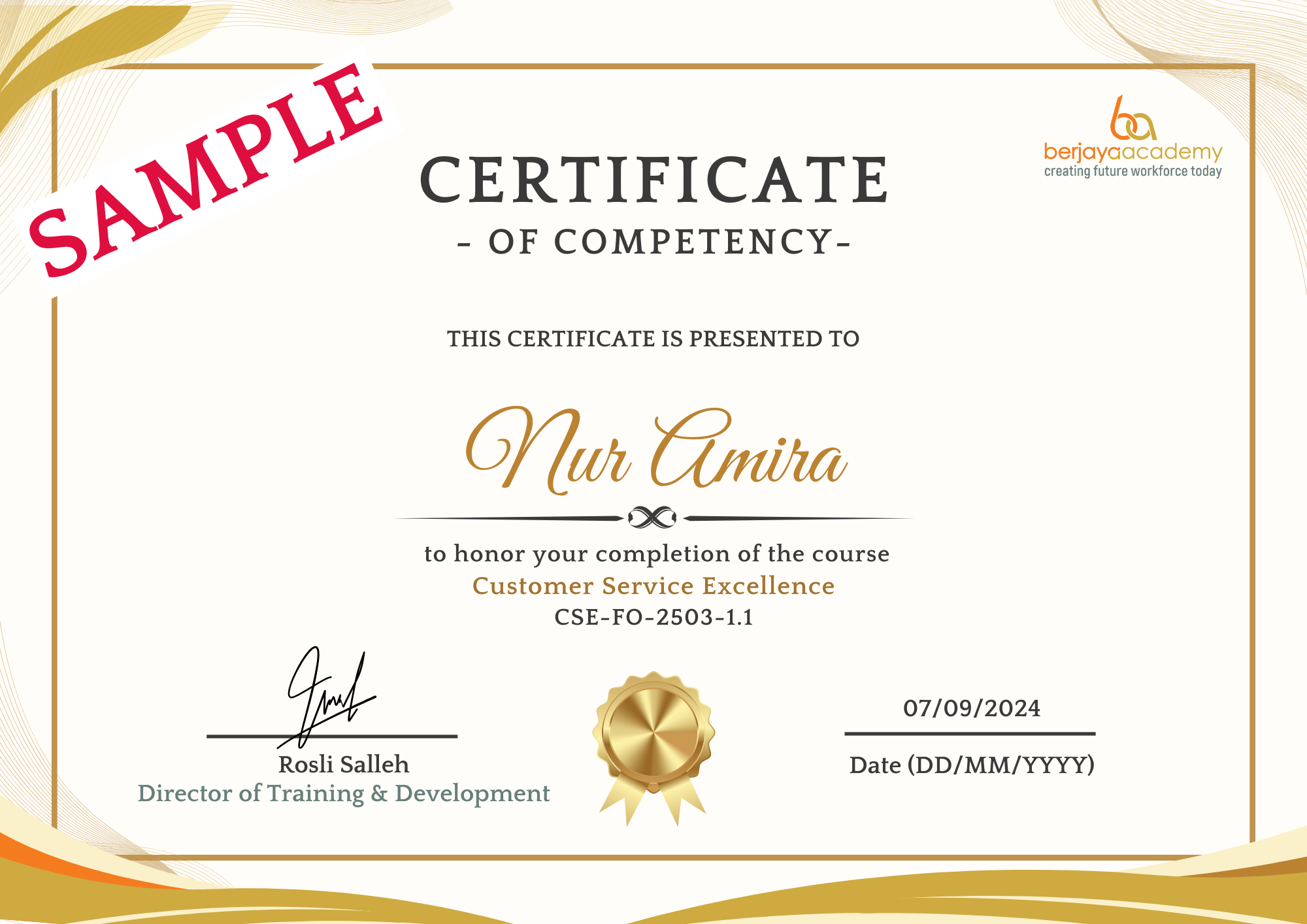
Course Details
Course Title: Sustainability Practices in the Kitchen
Course Code: SP-KS-2503-1.1
Course Accreditation
Accreditation Type: Certificate of Competency
Course Duration
Total Course Hours: 8 hours (1 day)
Course Fee
Total Course Fee: S$180/pax
Funding Available (If Applicable):
- Training Industry Professionals in Tourism (TIP-iT)
- NTUC Company Training Committee (CTC) Grant
Summary
Topics:
- Reducing food waste and recycling.
- Reducing food waste and recycling.
- Energy-efficient cooking practices.
- Sourcing sustainable and local ingredients.


Learning Objectives for Sustainability Practices in the Kitchen
By the end of this course, participants will be able to:
- Identify and implement strategies for reducing food waste and adopting recycling practices in the kitchen to contribute to sustainability.
- Adopt energy-efficient cooking practices that reduce energy consumption and minimize environmental impact.
- Source sustainable and local ingredients, understanding the benefits of supporting sustainable agriculture and local suppliers for a more eco-friendly kitchen operation.
Learning Units for Sustainability Practices in the Kitchen
Unit 1: Reducing Food Waste and Recycling
- Objective: Understand the importance of reducing food waste and adopting effective recycling practices in the kitchen.
- Content:
- The environmental impact of food waste and its role in sustainability.
- Practical strategies for reducing food waste (e.g., portion control, utilizing leftovers).
- Composting and recycling food scraps.
- Proper disposal and recycling of non-food materials (e.g., plastics, cardboard).
Unit 2: Energy-Efficient Cooking Practices
- Objective: Implement energy-efficient cooking methods and practices that reduce energy consumption and promote sustainability.
- Content:
- Understanding the energy usage of different cooking equipment.
- Energy-saving tips for cooking (e.g., using pressure cookers, batch cooking, and lids on pots).
- Choosing energy-efficient cooking appliances and equipment.
- Proper maintenance of cooking equipment to ensure efficiency.
Unit 3: Sourcing Sustainable and Local Ingredients
- Objective: Learn how to source sustainable, local, and seasonal ingredients to support environmental sustainability and local farmers.
- Content:
- The benefits of sourcing local ingredients (e.g., reduced carbon footprint, supporting local economies).
- Understanding sustainable food production methods (e.g., organic farming, regenerative agriculture).
- How to select ingredients based on sustainability factors (e.g., seasonal availability, fair trade certification).
- Working with local suppliers and farmers to promote sustainable sourcing
